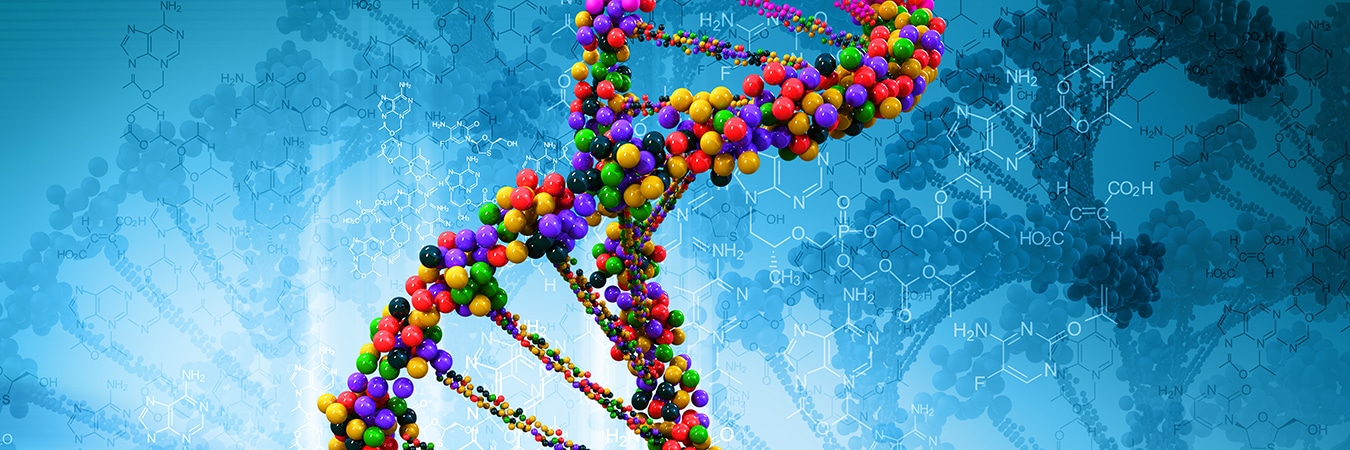In the world of modern science, few fields are as revolutionary and transformative as research. The study of genomes—the complete set of DNA within an organism—has opened the door to understanding life at its most fundamental level. Through genomic discoveries, scientists can now decode genetic information, identify inherited traits, and develop targeted treatments for complex diseases.
The era is reshaping medicine, agriculture, and even how we view evolution. This article explores the meaning of Genomics : Unlocking the Blueprint of Life, its real-world applications, and how it’s driving the next generation of scientific innovation.
What Is Genomic Science?
The term refers to anything related to the structure, function, and mapping of genomes. A genome is essentially the full instruction manual for an organism, written in the language of DNA. Genomic science focuses on decoding and analyzing these sequences to understand how genes influence biology, health, and disease.
Unlike traditional genetics, which studies individual genes, it science looks at the big picture—how all genes interact and how environmental factors affect them. This broader perspective helps scientists uncover the underlying mechanisms of life and develop innovative solutions for global challenges.
The History of Genomic Research
The field of this science took off after the completion of the Human Genome Project (HGP) in 2003. This groundbreaking international effort successfully mapped all 3 billion base pairs of human DNA, laying the foundation for future research.
Since then, advancements in sequencing technology have made genome analysis faster, cheaper, and more accurate. What once took years and billions of dollars can now be achieved in a matter of hours at a fraction of the cost. This rapid progress has made genomics one of the most impactful scientific fields of the 21st century.
Applications of Genomic Science
The revolution extends far beyond the laboratory. It touches nearly every aspect of modern life — from healthcare and agriculture to environmental science and biotechnology.
1. Genomic Medicine
In healthcare, this data is used to understand the genetic basis of diseases. This knowledge helps doctors design personalized treatments, predict health risks, and develop more effective therapies.
For instance, cancer genomics allows oncologists to identify specific mutations in a tumor, helping them choose targeted drugs that are more likely to work for each patient.
2. Agriculture and Food Security
Genomic technology plays a critical role in improving crop yield, disease resistance, and food quality. Scientists use Genomics data to breed plants that can withstand climate change and pests. Livestock genomics also helps enhance animal health and productivity, ensuring a sustainable food supply.
3. Infectious Disease Research
During the COVID-19 pandemic, genomic sequencing became essential for tracking virus mutations and developing vaccines. By analyzing viral genomes, researchers could monitor how the virus spread and adapt global responses accordingly.
4. Evolutionary and Environmental Genomics
Studying the genomes of different species helps scientists trace evolutionary relationships and understand how organisms adapt to their environments. Genomic tools are also used to protect biodiversity and monitor endangered species.
Genomic and Personalized Medicine
One of the most exciting advancements in this science is personalized medicine — a healthcare approach that tailors treatment to an individual’s genetic makeup. Instead of using a one-size-fits-all model, doctors can use genomic data to determine which medications or therapies will work best for each person.
For example, pharmacogenomics (a branch of genomics) studies how genes influence a patient’s response to drugs. This helps reduce adverse reactions and ensures more accurate prescriptions.
Genomic testing can also identify genetic predispositions to conditions such as heart disease, Alzheimer’s, or diabetes, allowing early prevention strategies.
The Role of Genomic Data in Research
Massive amounts of this data are now available thanks to advances in sequencing and bioinformatics. This data is analyzed using artificial intelligence and machine learning to uncover hidden patterns and correlations.
Genomic databases, such as GenBank and the European Genome-phenome Archive, store millions of sequences that scientists use to study gene expression, mutations, and hereditary diseases.
The integration of this with computational technology has transformed research, making discoveries faster and more precise than ever before.
Ethical and Privacy Concerns in Genomics
While this research offers remarkable benefits, it also raises ethical and privacy issues. Genetic data contains highly personal information, and misuse could lead to discrimination or privacy breaches.
To address this, governments and organizations are implementing strict data protection regulations. Ethical frameworks ensure that genomic studies are conducted responsibly, with informed consent and transparency.
Moreover, discussions continue about how to balance scientific progress with respect for individual rights and genetic diversity.
The Future of Genomic Science
The future of this research is bright and filled with potential. Emerging technologies such as CRISPR gene editing , synthetic biology, and AI-driven analytics are pushing the boundaries of what’s possible.
We can expect major advancements in:
- Gene Therapy: Correcting genetic disorders by editing faulty DNA.
- Precision Agriculture: Developing crops tailored to local environments.
- Preventive Healthcare: Predicting and preventing diseases before symptoms appear.
- Global Health: Using genomic tools to combat pandemics and improve vaccine design.
As the cost of sequencing continues to drop, genomic medicine will become more accessible to people worldwide, democratizing health innovation.
Challenges Facing Genomic Development
Despite its promise, the field faces several challenges:
- Data Overload: Managing and analyzing vast amounts of genomic data remains complex.
- Equity and Access: Many low-income regions lack access to genomic technologies.
- Education and Awareness: There is a growing need for genetic literacy among healthcare professionals and the public.
- Ethical Debates: Questions around gene editing and “designer babies” continue to spark controversy.
Addressing these issues will be critical to ensuring that the benefits of genomics are shared globally and responsibly.
Conclusion
The world of science represents one of humanity’s greatest achievements — the ability to understand and harness the code of life itself. From curing diseases to protecting ecosystems, the applications of genomics are limitless.
As we continue to explore the human genome and beyond, the potential to transform medicine, agriculture, and technology grows exponentially. The future of genomic research promises a healthier, smarter, and more sustainable world for generations to come.

